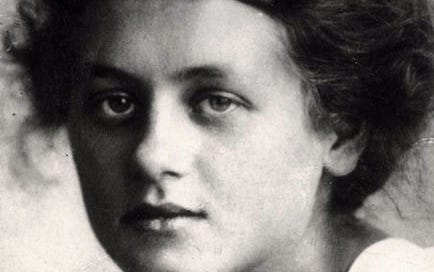"I do not belong to those people who are slaves to fine words like truth, justice, morality. Not because I would not stand up for what they represent, the expression of truths which ring out as the only real coinage in the world. But because whoever has eyes to see and ears to hear has always heard these words from the mouths of the powerful at the very moment when they oppress the powerless. Too much injustice has been done in the name of truth and humanity in recent years." - Milena Jesenská
Hitler’s troops marched into Prague and seized the city in 1939. It marked one of the significant steps toward the ferocious war that would engulf much of the European continent for the next six years.
What followed in Prague was swift and brutal: new governance, German soldiers on the streets, the persecution and deportation of Jewish people, and the silencing of anyone deemed a threat to the Nazi regime.
But not all accepted the new reality. Resistance cells formed quietly across the city. One of those who joined was Milena Jesenská, a journalist. "The Jews really must get away from here. But I am not going away," she wrote privately to a friend.
History sometimes remembers Milena as the woman who exchanged profound letters with Franz Kafka. Her story is so much more than that.
Keep reading with a 7-day free trial
Subscribe to Historical Snapshots to keep reading this post and get 7 days of free access to the full post archives.




